The Biden administration is allocating $20 billion from a federal “green bank” for clean energy projects, focusing on initiatives such as residential heat pumps, electric vehicle charging stations, and community cooling centers.
The funds will be distributed through two programs: a $14 billion National Clean Investment Fund and a $6 billion Clean Communities Investment Accelerator.
These programs will provide competitive grants to nonprofits and other groups to invest in clean energy projects, with a special emphasis on disadvantaged communities.
The move is part of the administration’s efforts to address climate change and promote equitable access to clean energy technologies. Vice President Kamala Harris, Environmental Protection Agency Administrator Michael Regan, and other officials announced the grant competitions at a historically black university in Baltimore.
The National Clean Investment Fund will provide grants to up to three national clean financing institutions, enabling them to partner with states and the private sector to provide affordable financing for clean technology projects across the country.
The Clean Communities Investment Accelerator will provide grants for up to seven nonprofits that will work with other groups to provide access to investments needed for deploying clean technology projects in low-income and disadvantaged communities.
The green bank, formally known as the Greenhouse Gas Reduction Fund, was established by Congress in last year’s climate law. It is aimed at unlocking private investment for clean energy projects, particularly in underserved communities that are often overlooked by commercial banks and investors.
Critics have raised concerns about the green bank, with some Republicans in Congress labeling it a taxpayer-funded “slush fund.”
However, proponents argue that these programs will accelerate the deployment of clean energy in communities disproportionately affected by pollution and climate change. The initiatives are also expected to create jobs, lower energy costs, and improve air and water quality.
The Biden administration’s focus on clean energy and job creation aligns with its broader environmental and economic goals.
By investing in clean energy infrastructure and promoting access to clean technologies, the administration aims to drive the transition to a more sustainable and equitable energy system.

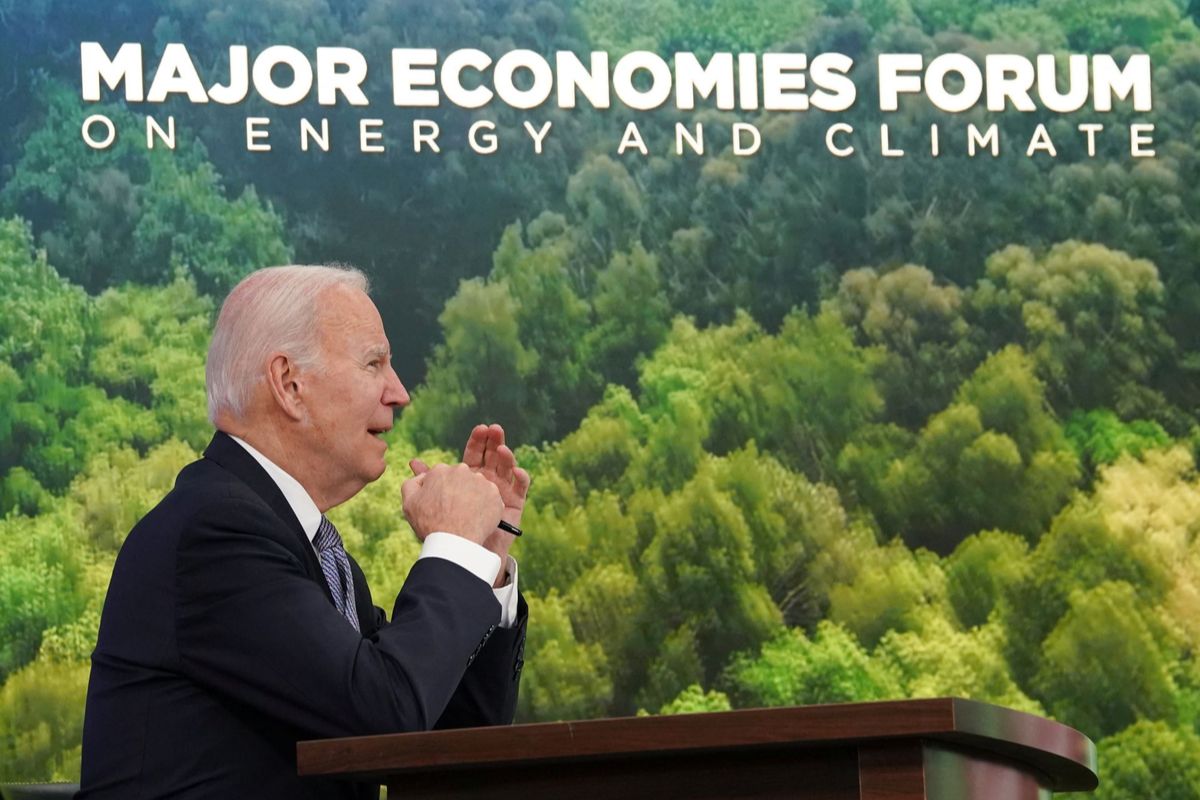
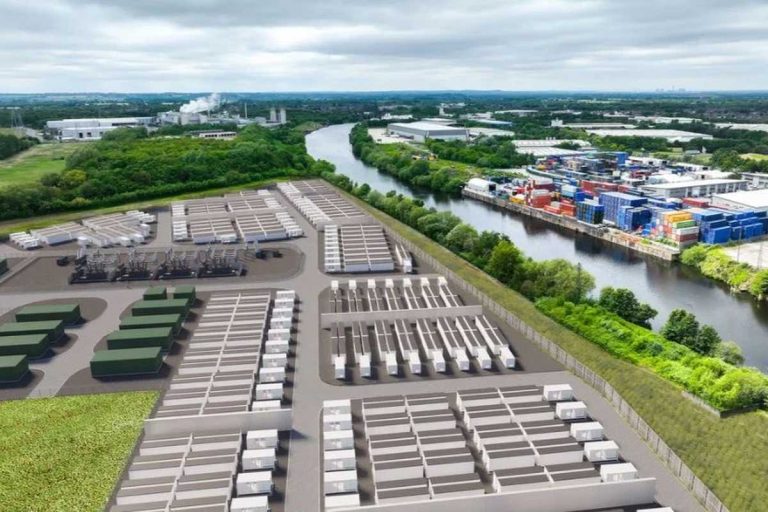
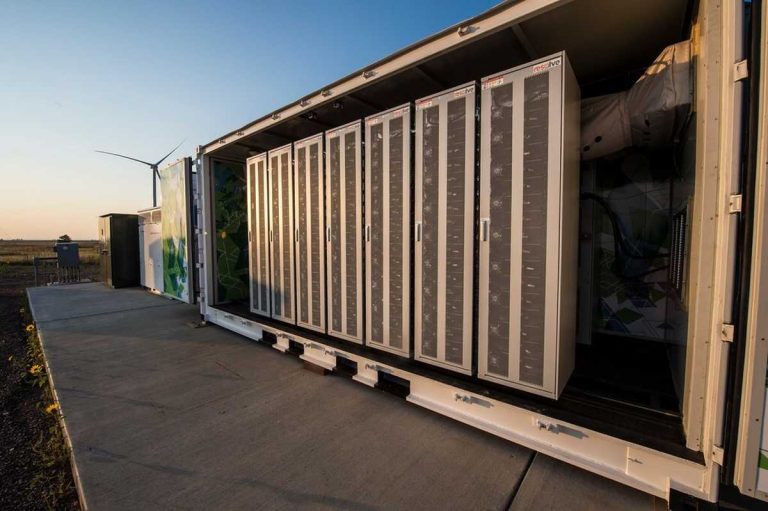
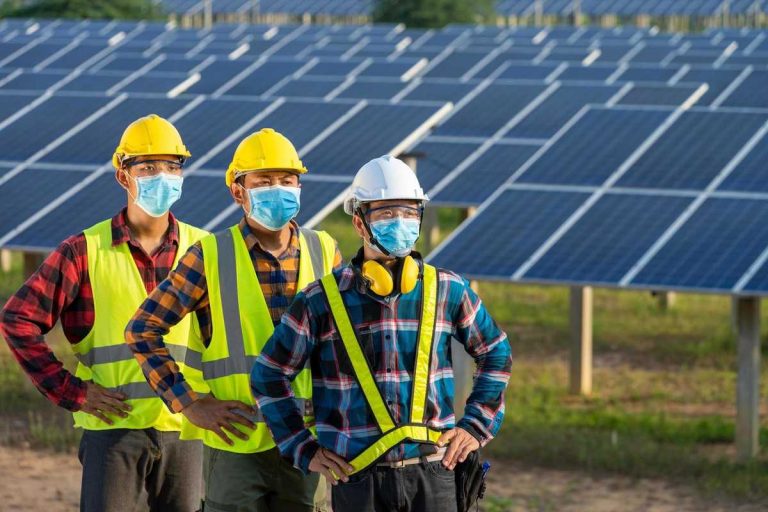
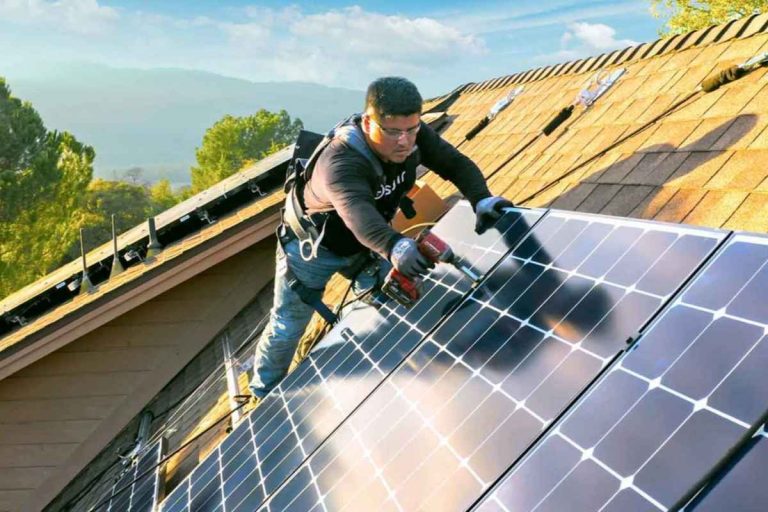
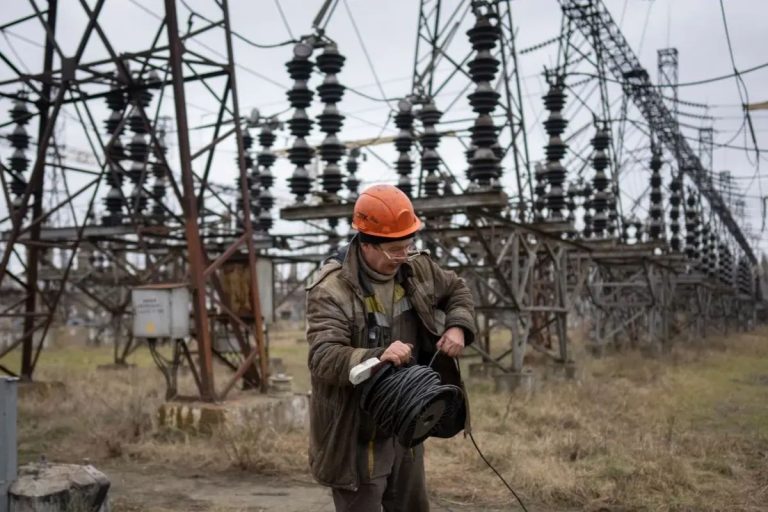
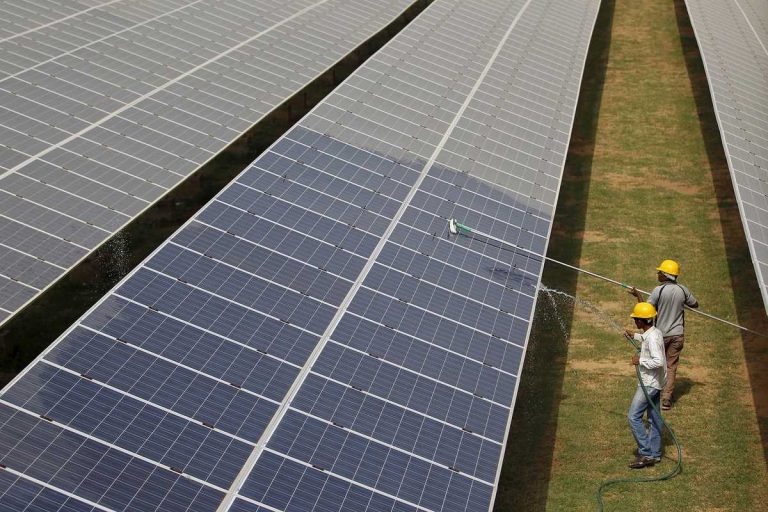


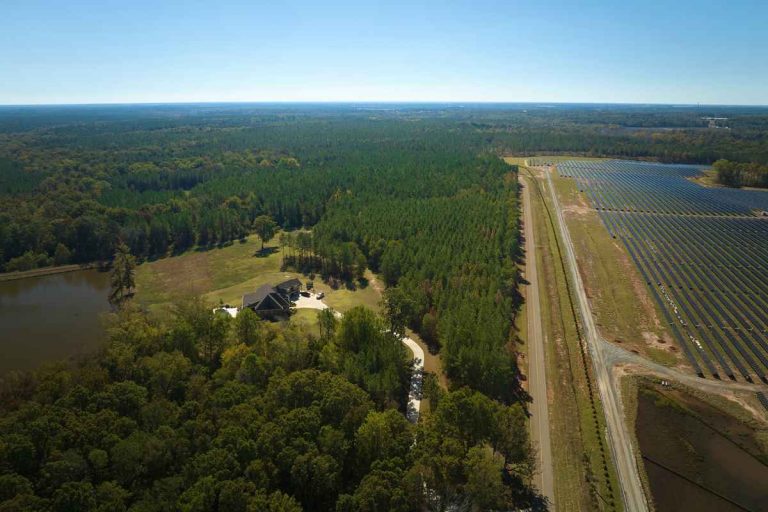

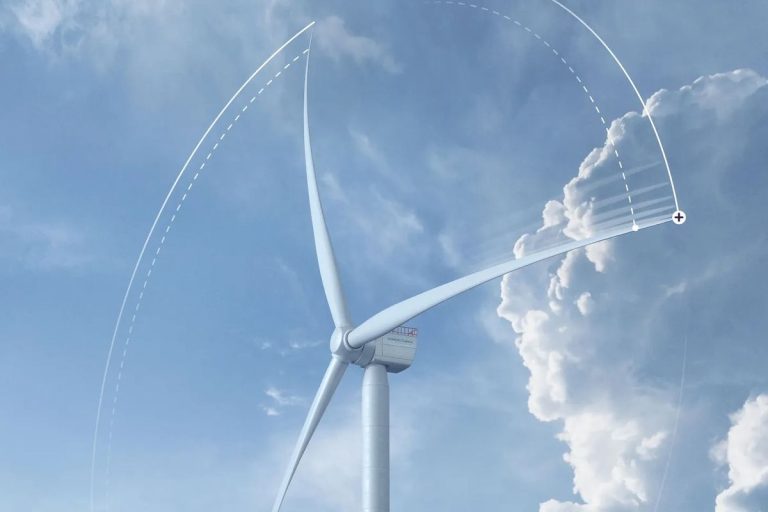
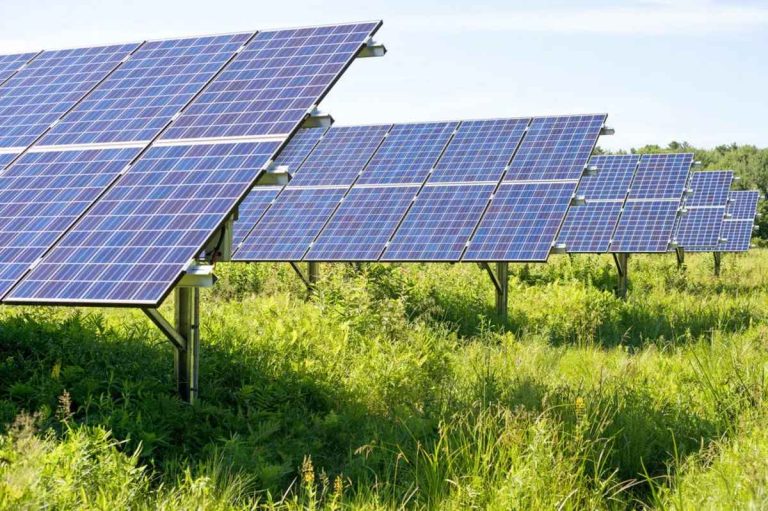
+ There are no comments
Add yours